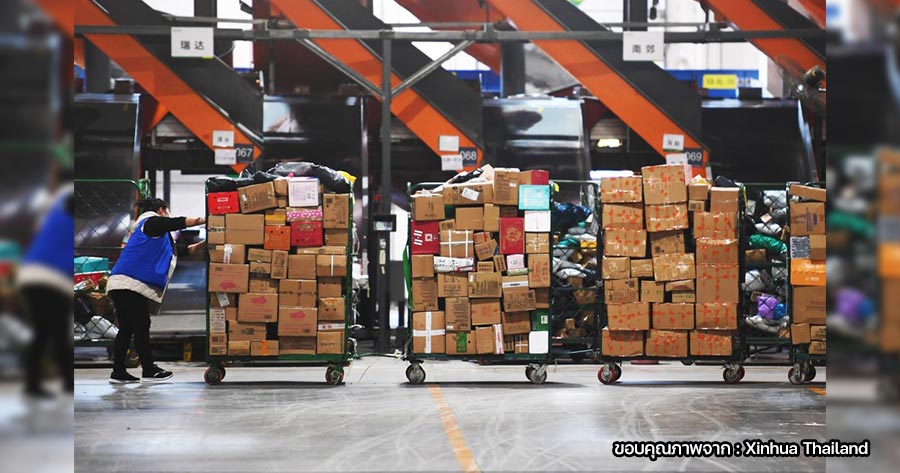This year, the shopping festival known as Singles Day launched on October 14, a week earlier than usual, and experts believe it may perform better than last year.
Often described as China’s version of the U.S. Black Friday, Singles Day (or 11.11) was first introduced by Alibaba in 2008 on November 11. Since then, it has expanded into a weeks-long promotional event and has become a major shopping festival across China. Today, major e-commerce platforms participating in the festival include Alibaba, JD.com, and PDD.
Jacob Cooke, co-founder, and CEO of WPIC Marketing + Technologies, noted that this year’s Singles Day GMV (Gross Merchandise Value), an industry metric for tracking sales over time, is expected to grow by 15%—an improvement over the 11% increase recorded in 2023. This year, as of October 30, a research firm, Syntun, has recorded Singles Day GMV reaching 845 billion yuan.
Currently, home appliances and electronics are among the most popular product categories, aided by a Chinese subsidy program supporting mortgage rate reductions and trade-ins for home appliances, and possibly due to the easing of the usual intense e-commerce price war.
Alibaba reported a significant surge in home appliance sales during the first hour of presales on the festival’s opening day.
Beyond home appliances and electronics, consumer demand is also high for toys and collectibles featuring popular game and anime characters. Analysts suggest this trend reflects consumers’ preference for items that offer happiness or emotional satisfaction.
The Singles Day festival will officially end on November 11, with JD planning to release quarterly results on November 14, followed by Alibaba’s earnings on November 15. Analysts at UOB Kay Hian believe this festival will reflect the recovery trajectory for the third and fourth quarters of 2024.





